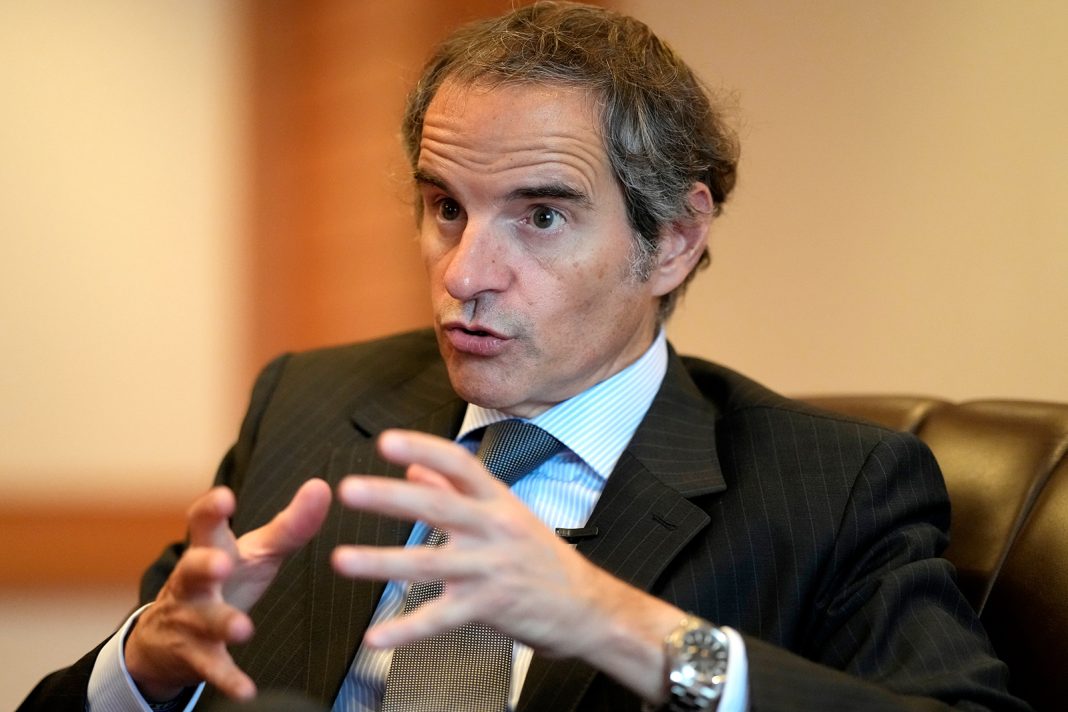Grossi told the Financial Times that Tehran and the watchdog, which have endured fraught relations for months, could be entering a “different phase” after he held talks in Iran.
Tehran appears willing to discuss “concrete” issues, he added.
The apparent shift in tone was prompted by an invitation from Iran’s nuclear chief Mohammad Eslami for Grossi to attend talks in Tehran. The call came in mid-April at a time of heightened tensions between Iran, Israel and the US.
“I see in them a recognition that it is better to have some engagement than to continue on a completely divergent course, leading to more escalation and perhaps even more danger, including war,” Grossi continued.
“It’s very important because we reconnected after many months of talking past each other.”
He added that Washington and Tehran also continued to keep open a “bilateral channel”.
The IAEA chief stated Iran had not altered the scale or pace of its nuclear activity since Palestinian group Hamas October attack against Israel.
He added that there was “no evidence to suggest that Iran has moved, or is moving, or is planning to move, to a weapons programme”.
Grossi claimed Tehran now has sufficient fissile material to produce about three nuclear bombs within a matter of weeks, if it chose to do so. Iran insists its programme is for civilian purposes only.
He noted technical talks between the IAEA and Iranian officials had continued since his return from Tehran.
